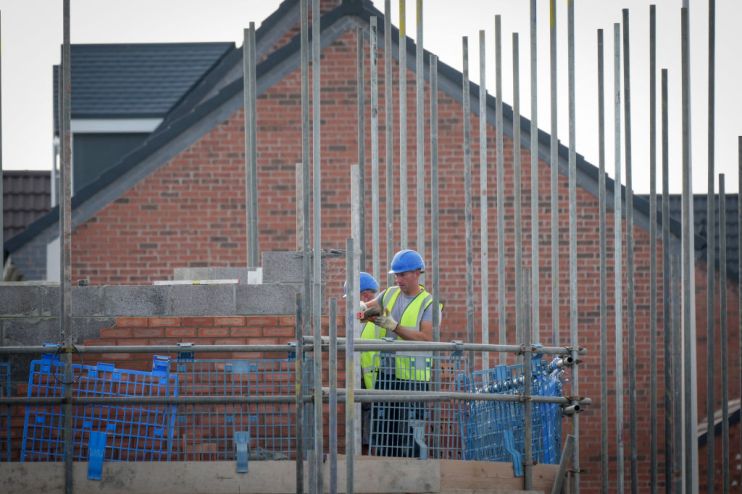RICS regulatory board quits en masse amid ongoing dispute with the government

The building sector has been left in a state of confusion after all of the nine-member regulatory board of the Royal Institution of Chartered Surveyors (RICS) suddenly resigned en masse late yesterday.
The RICS Standards and Regulation Board is responsible for reviewing and investigating surveyors who aren’t following industry standards, and it has been one of the key stakeholders in addressing the cladding scandal.
The RICS said in a statement today that board chair Dame Janet Paraskeva suddenly resigned following an internal disagreement over resources, and that the rest of the board quit shortly after she tendered her resignation.
RICS said they “gave Dame Janet every opportunity to convey concerns and to discuss issues relating to operational changes RICS was making.”
RICS, however, pushed back against suggestions that it was removing resources from the board and that this was why its members had resigned.
It said it was now working to appoint a new interim standards board and that “all regulatory activities remain in full operation.”
The government, however, said it was concerned about the situation and has called on RICS for a full explanation.
Department for Levelling Up, Housing and Communities spokesperson said: “Following their resignations, members from the regulatory board have been in touch with the department to express their dissatisfaction with their treatment within RICS.
“We are concerned that the board feels it cannot continue to perform its role and have asked the RICS president and new chief executive elect to explain the situation.
“This is further evidence of the need for government to make sure that self-regulation is operating effectively, as set out in the Levelling Up and Regeneration bill.”
The RICS has been at loggerheads with the government over the bill, which includes a clause that would give the Housing Secretary the powers to investigate the performance of RICS.
RICS doesn’t support the introduction of this measure in the bill, arguing that the purpose of the clause, and how it would be used, was unclear.
“The presence of this provision would be seen as curbing the institution’s ability to act, and speak, in what it believes is in the public interest, even if this view may, from time to time, disagree with government policy of the day,” RICS said previously.
Campaigners at End Our Cladding Scandal said that the round of resignations could be related to this quarrel with the Levelling Up Department. They called the news “shocking, but not especially surprising”.
“We understand that RICS may wish to retain independence, however, we disagree that their activities shouldn’t be able to be reviewed independently”, the group said in a statement to City A.M.
The RICS was rocked by a scandal back in 2019, after a report by accountant BDO warned of potential “unidentified fraud, misappropriation of funds and misreporting of financial performance”.
The scandal saw four senior directors exit the group, and an independent review was commissioned and published by Lord Bichard.
Last year, Michael Gove acknowledged these problems but seemed optimistic about the future of the relationship between the government and the RICS. “There have been all sorts of difficulties with that organisation in the past, but I am now hopeful that we are on a more positive footing”, he said.
But this was before disagreements over the bill surfaced earlier this year.